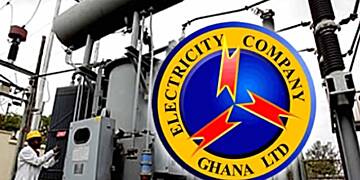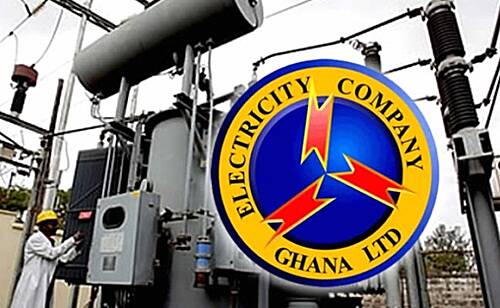The Private Sector Participation (PSP) Steering Committee has submitted its report to the government, outlining three possible models for private companies involvement in the billing and metering operations of the Electricity Company of Ghana (ECG).
President John Mahama revealed the development during the Africa CEO’s Forum in Abidjan, explaining that the proposals will be reviewed by cabinet before a final decision is made.
“We just got the report from the committee that’s advising us on how to do it. And they gave us three options”.
The three proposals include:
– A single concession holder managing billing and metering nationwide.
– Dividing the country into concession areas with multiple private partners.
– A hybrid model incorporating elements of both approaches.
Mahama emphasized that the process remains in its early stages, with no final decision made yet.
“The government is yet to make a decision. It’s going to come to the cabinet. And the cabinet will decide on which option we’re going for. And then we’ll do an expression of interest,” he explained.
The president called for a comprehensive reform of the electricity sector, citing inefficiencies in ECG’s revenue collection system.
He noted that ECG is currently experiencing technical and commercial losses of about 40%, a figure he described as unsustainable.
“To bring private sector efficiency into revenue collection, we need to clean the slate and look at the whole value chain,” Mahama said, stressing that any private sector involvement must include Ghanaian participation.
Beyond electricity distribution, Mahama expressed confidence in Ghana’s transition to cleaner energy sources, predicting that the country could eliminate fossil fuels from electricity generation within four years by relying on natural gas and solar power.
“Ghana has a comparative advantage to produce solar because we have abundant sunlight. Indeed, if we could export sunlight, we would be one of the richest countries in the world”.
The government has already granted licenses for large-scale solar projects ranging from 20 to 100 megawatts, with Mahama advocating for policies that encourage household solar investments similar to those in Europe.
“With the kind of investments taking place, we should be able to generate 100% on natural gas within the next four years. And if we put in more solar, then we’re going to rely mainly on those two,” he added.




















